A modification to the theory of general relativity makes it consistent with observable astronomical data without the need for dark energy.
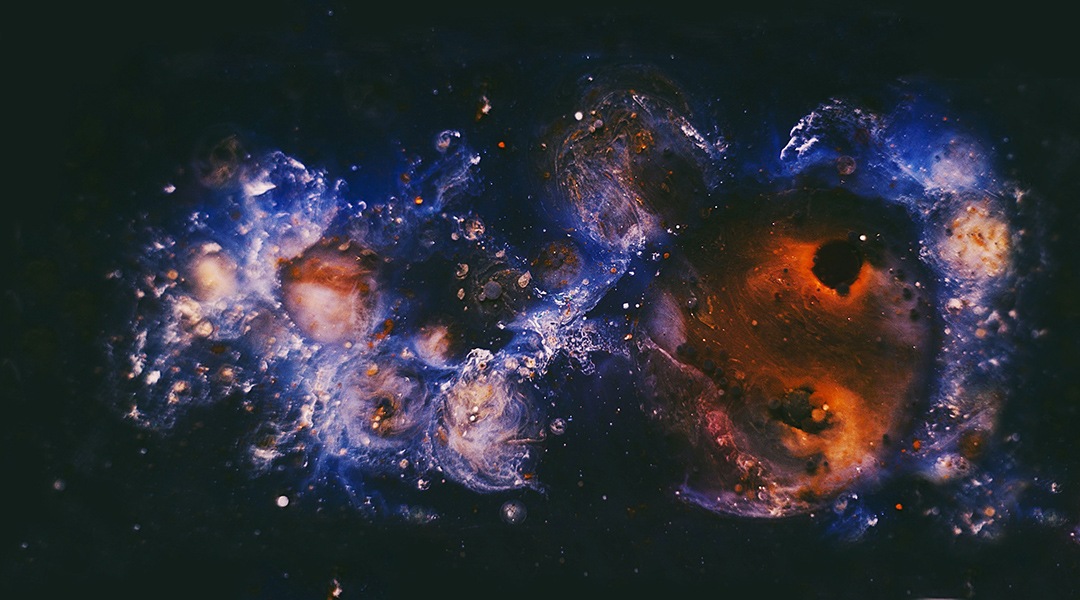

A modification to the theory of general relativity makes it consistent with observable astronomical data without the need for dark energy.

Researchers at the Southern University of Science and Technology in China ask if gravitons can be promising candidates for dark matter components.

The LUX-ZEPLIN detector is now operational and ready to capture weakly interacting particles believed to be the constituents of dark matter.
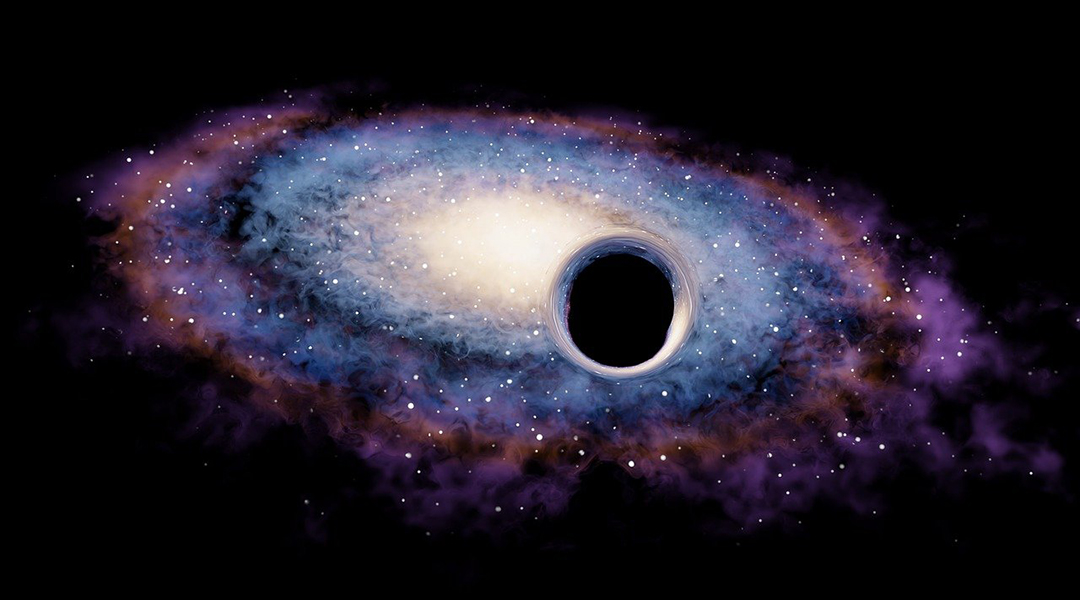
A new theory for the origin and nature of dark matter resolves some inconsistencies between cosmological predictions and astronomical data.

The discovery of colossal structures like the Big Ring is reshaping established theories about the physics of the Universe.
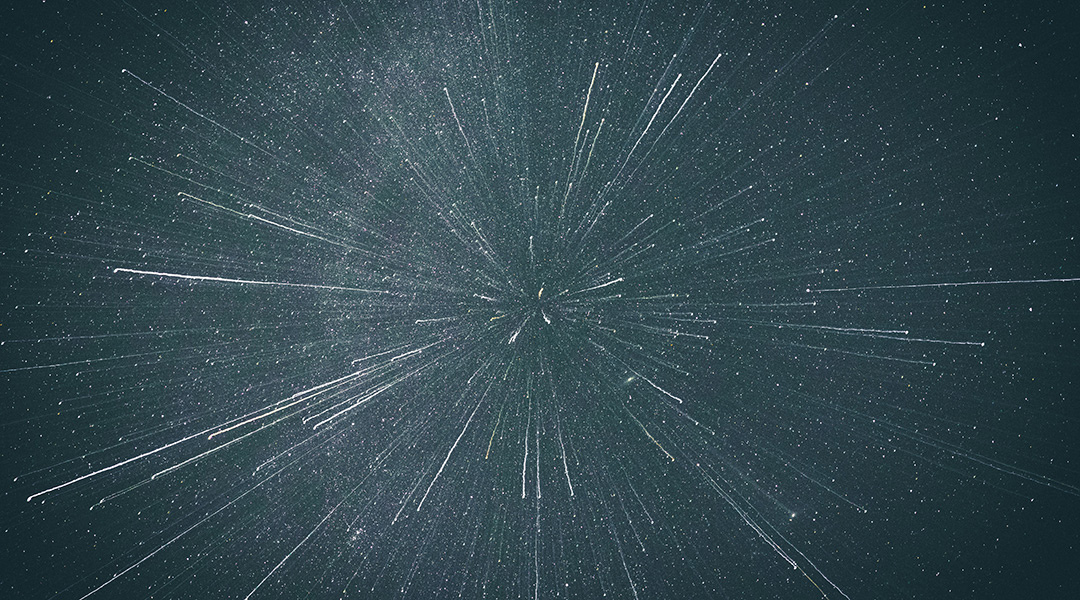
By adding primordial magnetic fields to the Standard Model, researchers may solve the mystery of the Universe’s expansion.

Dive into the mesmerizing world of sharks and rays, where vibrant blues emerge through never-before-seen structural colors.
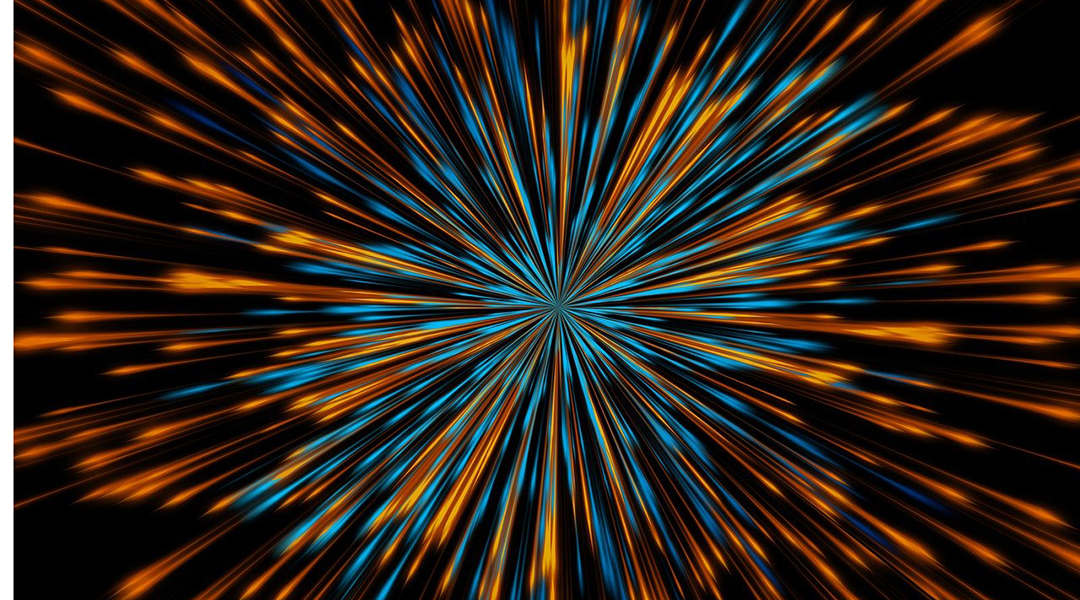
Enhanced experimental precision has the potential to either confirm or dispel uncertainties surrounding the Standard Model of Physics.

Vital to the fusion process and used in a wealth of technological applications, new research shows quantum tunneling is still delivering surprises.
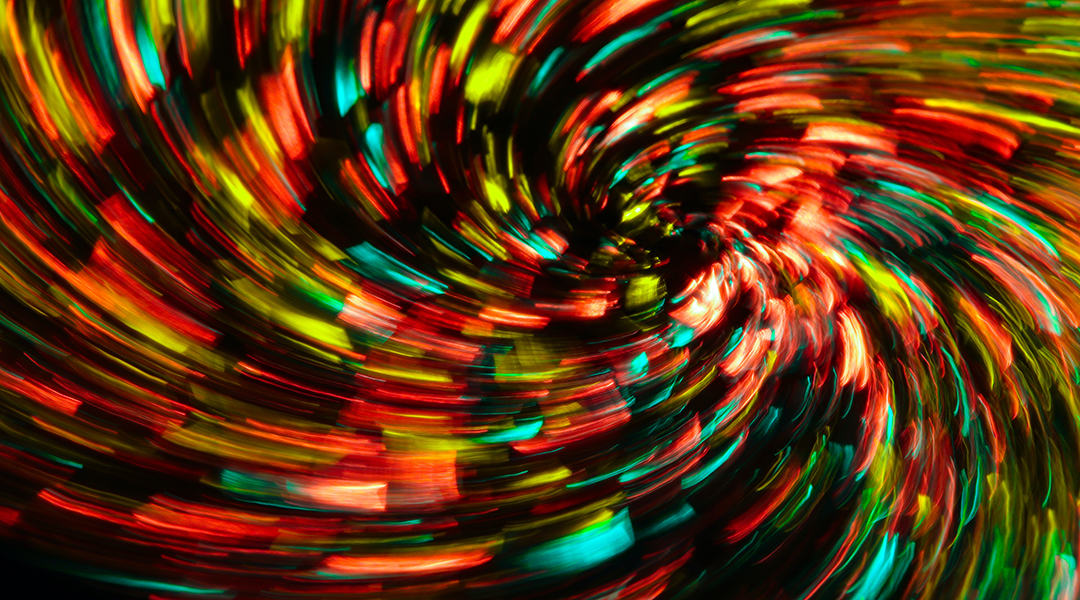
A new approach to understanding gravity helps eliminate some discrepancies inherent in general relativity.